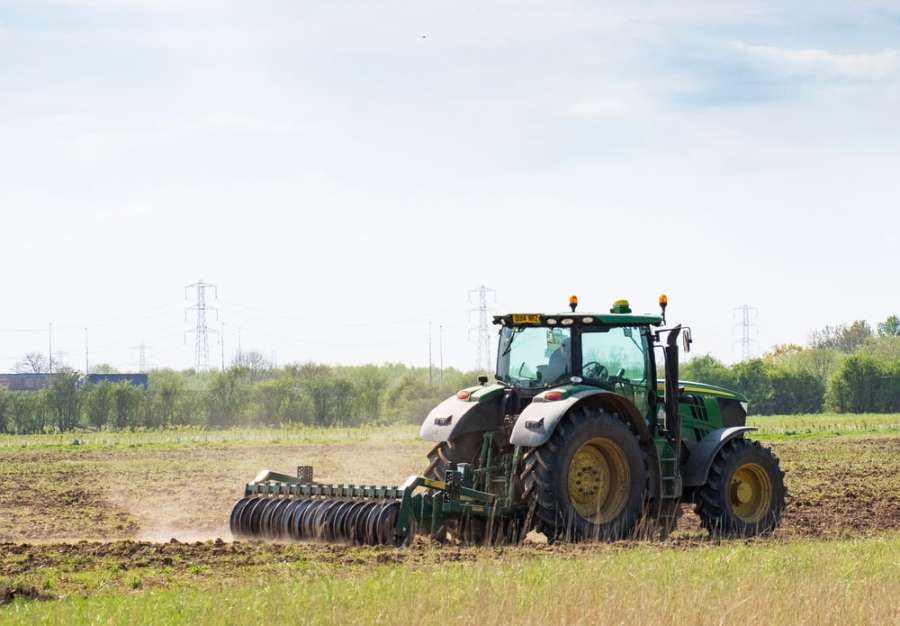All employers want to ensure they have the right people working for them. This is relevant in advertising jobs and when employees may no longer be capable of the role. This blog sets out some of the likely issues that employers within the agricultural sector may face.
Appropriate phrasal of job adverts
Whether you are advertising roles in a specific farming magazine, the local shop, newspaper or recruitment website, you need to be careful when phrasing job adverts to ensure they cannot be deemed as discriminatory.
This is particularly important as someone who has not even applied for a job can theoretically bring a discrimination claim regarding an employer’s recruitment arrangements. To avoid such claims or complaints, job adverts should be written in plain language.
In particular, employers should:
- Use an appropriate job title – avoid titles that show a predetermined bias for recruitment of those with a particular characteristic. For example, avoid gender-specific job titles such as ‘stockman’.
- Accurately describe the job – avoid including tasks or duties that, in practice, are not performed.
- Focus on outcomes – where there are different ways of performing a task; rather than specifying how the task should be performed, the job description should state what outcome needs to be achieved.
- Avoid specifying unnecessary working patterns.
- When considering using a person specification, you should also ensure that any necessary or desirable criteria can be justified for the particular job.

Fitness to work
An area that agricultural employers may find particularly tricky is managing an employee who is no longer physically able to do the job. Sometimes there is a mutual decision about when it’s the right time to step down or reduce workloads, but there can be issues when employees feel able to carry on and don’t want to leave.
As employers have a duty of care towards their employees, you must be sure that employees are capable of doing their job, but you need to be careful not to expose yourself to a potential discrimination claim (and unfair dismissal complaint) when assessing this. Employers should therefore avoid making any assumptions based on an individual’s age, sex or medical condition. Instead, it may be necessary to arrange for an employee to attend an independent medical examination, where a medical professional can provide an opinion on whether the individual is fit enough to carry on with the duties required by the role or whether there are any adjustments required.
Consideration for employee health conditions
Employers should also be mindful that some conditions, such as arthritis, may be more prevalent in employees who undertake a manual job and, depending on how this affects the employee’s day-to-day life, the condition may be deemed a disability. Where an employee is disabled, the employer has a duty to make reasonable adjustments to accommodate the individual’s needs.
If an employee cannot perform the role they are employed to do for health reasons, there may be the option of dismissal on the grounds of capability, but this will need to be justified, along with independent medical evidence to support the decision.
Given the risks associated with this, it is always best to seek legal advice before any discussion with an employee, particularly when an employee’s age or medical condition is a factor in their fitness to work.

Contact Our Agriculture Solicitors
If you would like any assistance in respect of this blog, please contact our specialist Agricultural Solicitors below.



